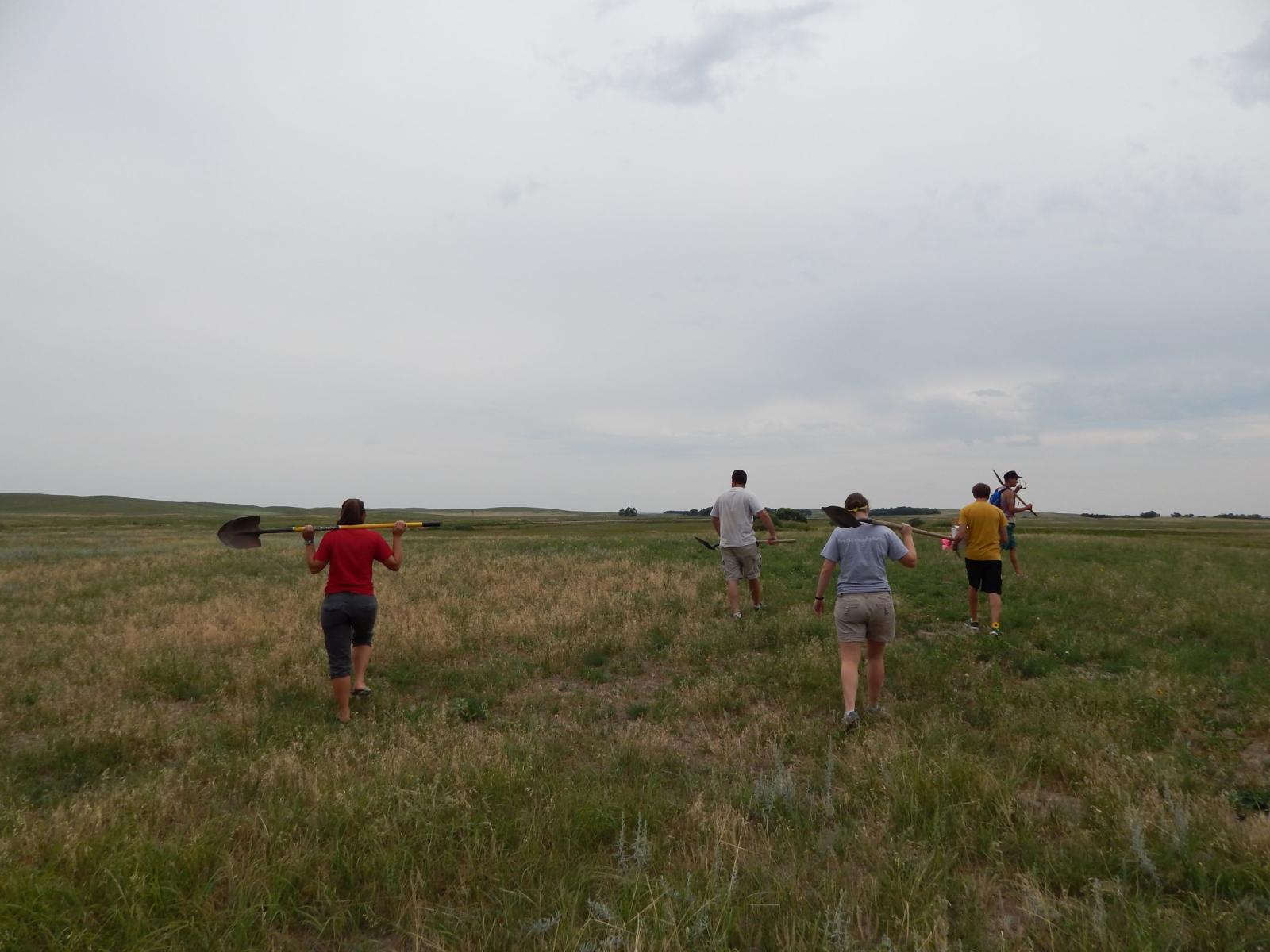Course List: Field Parasitology
FIELD PARASITOLOGY
FULFILLS:
Bios 487/887, ACE 10
PREREQUISITES:
LIFE 120 & LIFE 120L and LIFE 121 & LIFE 121L; BIOS 207 or NRES 220 recommended
ABOUT THE INSTRUCTOR:
Dr. Scott Gardner- In my teaching, I try to impart a broad knowledge in parasite / host biodiversity and systematic biology to my students. I also integrate my teaching with research in biodiversity, coevolution, and the systematics of parasites and hosts. I integrate teaching and research by including both graduate students and motivated undergraduates in all aspects of research projects in my laboratory, in the museum, and in the field. For the past 17 years, I have obtained supplemental funding through the National Science Foundation Funded, Research Experiences for Undergraduates Program, (REU), justified by integrating the research projects of the REU students into the HWML survey of the parasites of mammals of Bolivia and the collections support grants held by the HWML. Students will conduct directed but independent research on a topic of their choice and decided on by discovery and hands on experience.
COURSE DESCRIPTION:
Field Parasitology is a study of the distribution of symbiotic organisms in nature, the life cycle characteristics that influence this distribution, and the interactions between symbiont and host that contribute to the observed distributions. In plain language, that means we study parasite populations and communities. The course is designed to provide students with a broad exposure to methods of collection, preservation, and identification of parasites, data collection and analysis for field problems, and the presentation of results in oral and written form.
In practice, Field Parasitology has become an ideal course for pre-meds mainly because one can easily relate the experience to the broader problems of disease transmission. Indeed, I make an effort to do just this. For example, if the the material is available, we do a "field problem" in tropical medicine using such organisms as mosquitoes or larval trematodes, etc. The course has also proven to be of value to teachers and secondary education majors because the emphasis tends to be on organisms that can be collected easily in large numbers. Very often these animals are so common that the exercises can be done almost anywhere. And finally, the very broad range of activities, and the variety of organisms studied, provides experience of value to those whose main interest may not be organismic, but cellular or molecular, because the course supplies a context within which functional information can be interpreted. The course requires an independent study project, but students get a fair amount of guidance in project selection, initial study methods, etc. For the last few years, there have been no big exams, grades being based on question sets that the students write, on daily practical quizzes, on collections, class participation, and project performance.
My main objective in this course is to demonstrate to a student, through personal experience, the difference between reading about organisms and actually generating knowledge through original study of the organisms in their natural environment. The best thing about Field Parasitology at CPBS is the extent to which a student learns to put various sources of information together, for example field observations, dissection results, and class data and computer analysis, in order to build a picture of the way parasitic organisms maintain themselves in nature. The worst things about the course are (1) it takes a reasonable amount of work, including physical labor, and (2) we get wet and dirty.
